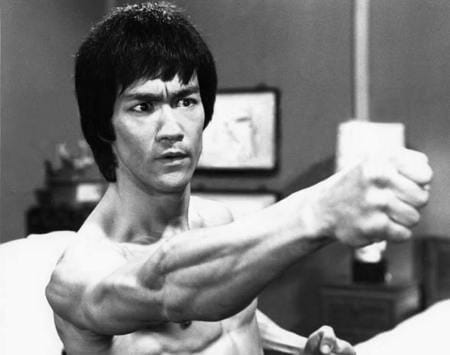The search for happiness has a Heisenbergian aspect: the more certain you are about what you want, the less happy you will be attaining it. It seems to happen unexpectedly, and often only in hindsight.
There is also an “aspergian” aspect: like Viktor Frankl’s “The doors of happiness open outward”. I take this to mean searching and engaging with the world (rather than perpetual introspection), but it could also be the joy in helping others (as risky as it may be).
In markets it is very hard to find happiness, and it is probably foolish to look there. A good source of unhappiness, however, is limit orders. You place them with great hope and the market runs away and leaves you behind. Or you get filled and then it takes you way down. Or you’re overjoyed to finally get out with a modest profit, only to find you sold too soon and missed the big one*.
*Holding losers long and selling winners short: the hardest thing not to do.



 Paul Tudor Jones
Paul Tudor Jones